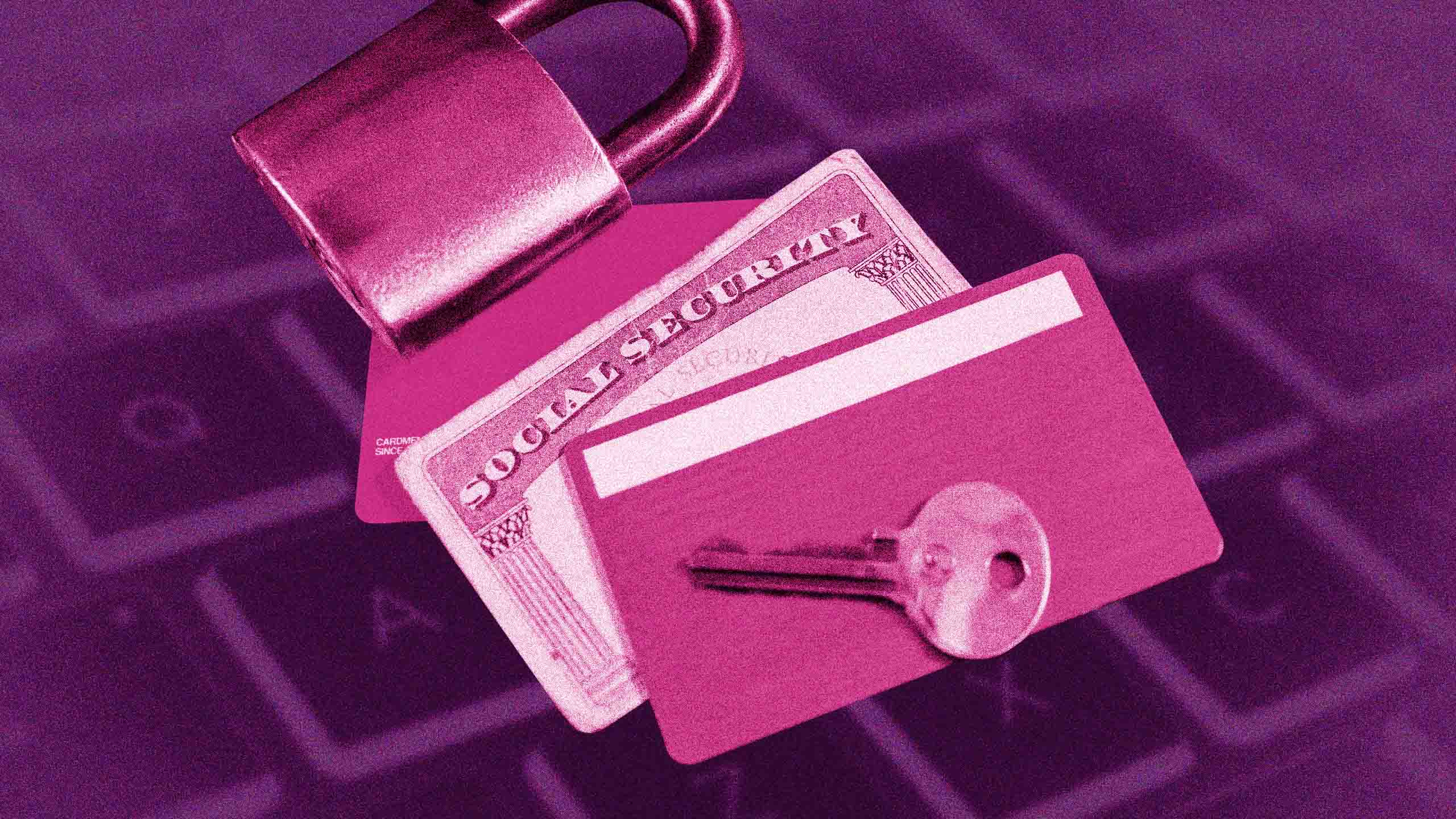Age verification laws are sweeping across the United States, Canada, the U.K. and Europe. Introduced and enacted under the guise of restricting minors’ access to pornographic content, these laws require internet browsers to verify their age—typically by inputting a government-issued ID. As of March 2024, seven U.S. states have enacted age verification laws. In addition to movement in the United States, the European Union has enacted requirements that three of the largest adult content providers verify users’ ages—and conservatives in Canada have signalled their desire to pursue similar restrictions.
These laws are promoted alongside calls to protect children from inappropriate content online. This is a noble cause to be sure; the internet can frequently be a dangerous place for minors, and steps should be taken to protect youth from harms possible in our digital era. But however good the intentions, age verification laws nevertheless represent a litany of speech and privacy concerns for both content providers and viewers alike. They will not only restrict access to pornographic content: age verification laws are broad enough that they could easily be weaponized against the queer community and reproductive justice advocates.
“It is no coincidence that the rise of these laws has come hand in hand with anti-drag laws, laws restricting access to gender-affirming care, the gutting of Roe v. Wade, anti-sex work legislation, the dismantling of DEI initiatives and other laws aiming to restrict people’s bodily autonomy and eliminate the visibility of queer and trans folks as well as other marginalized people,” says Valentine, a queer sex worker, law student and activist in the United States (Valentine’s last name has been witheld to protect their privacy). As the manufactured culture wars grow, queer and sexual health content is increasingly—and maliciously—being conflated with pornographic content.
Connecting pornography, LGBTQ2S+ identities and reproductive health content in the minds of social conservatives is one central concept: obscenity. Obscenity, in colloquial usage, refers to speech or acts that violate one’s sense of morality. For pornography, the connection is obvious, and there is a broad societal consensus that minors should not be exposed to pornographic content. But the subjectivity inherent to morality has given social regressives cover to impose their cisheteropatriarchal world view on the masses.
Take, for example, the “Don’t Say Gay” policies spearheaded by Ron DeSantis in Florida. Per a recent settlement, Florida educators are permitted to incidentally discuss the topics of sexual orientation and gender identity in the classroom, but can’t proactively include such topics in their instruction. When a Don’t Say Gay bill largely inspired by the Florida version was introduced in 2022 by United States House Republicans, the language used in the bill purposefully grouped content regarding sexual orientation or gender identity with pornographic content.
Under these Don’t Say Gay and related laws introduced in recent years, school-age youth are increasingly being denied access to queer books and instruction under the argument that such content is obscene. In 2022, for example, a bill introduced during Kansas’ legislative session would have amended the state’s obscenity law to criminalize the dissemination of classroom materials that depict queerness.
The conflations between pornography, obscenity and queer content extends into the public sphere as well. In a particularly egregious example of saying the quiet part out loud, West Virginia lawmakers introduced a bill this year that would legally classify trans people as obscene, prohibiting them from simply existing in public near schools. Conservatives’ views on LGBTQ2S+ content, Valentine points out, reflect the “assertion that our very existence is taboo and should, at most, be relegated to nightclubs and back alleys, if not extinguished altogether.”
The same bad faith holds true for sexual health content. While rates have declined in recent years, young people are having sex. Half of new STI cases in the United States occur in patients ages 15 to 24; STI rates are similarly increasing for young people in the United Kingdom, Europe and Australia. Despite these realities, sexual and reproductive health content that acknowledges the unique needs of young people have long been attacked as, at best, supposedly encouraging kids to have sex—and at worst, as actively corrupting youths’ morals. Criticisms have reignited in recent years with a new targeted lens toward LGBTQ2S+ content. Few states require sex education to be LGBTQ2S+-inclusive, and six Southern states specifically prohibit sex educators from being LGBTQ2S+-inclusive.
The increased fervour against queer content and sex education is not restricted to the United States. Italy is one of the few countries in the European Union that doesn’t require schools to provide sex education instruction. To prevent the alleged “sexualization” of children, Polish lawmakers introduced a bill in 2023 that would likely result in the removal of age-appropriate sex education in younger school grades. The same year, a Belgian school was the victim of an arson attack, likely due to the school’s compulsory sex education program. And recently, Russia added the “LGBT movement” to the country’s list of extremist and terrorist organizations. All of these acts are motivated, explicitly or implicitly, by tying queer and sexual health content to obscenity inappropriate for minors.
“Young people can’t exercise their autonomy when anything that deviates from social conservative’s moral norms is locked behind a digital wall.”
As more and more jurisdictions try to enact age verification laws, the harms to young people and marginalized communities grow. Too many young people are denied access to inclusive and comprehensive instruction through their schooling. These young people have historically turned to digital resources to fill this gap in education, but the broad reach of age verification laws means this pathway to knowledge could be blocked too. Young people can’t exercise their autonomy or discover themselves when anything that deviates from social conservative’s moral norms is locked behind a digital wall.
The disinformation surrounding youth access to digital content exposes a glaring problem: age verification laws won’t work. Anyone who wants to access pornographic content online without complying with these laws can typically still do so using a VPN; searches in Texas for VPNs skyrocketed after Pornhub announced it would no longer service the state. A study published in 2021 found that youth-centred moderation of online spaces was more effective than deterrence-based moderation in keeping spaces safe for youth.
Empowering young people to exercise control over their surroundings, including in digital spaces, benefits them on- and offline. Anyone who truly supports youth safety online should be working to include youth voices in creating safety measures, not imposing arbitrary and surmountable barriers to accessing content.
Culture wars never stick to just one issue or country. “The current conservative movement in the United States—and elsewhere—aims to return us to a more primitive, homogenized state of existence, where everyone adheres to a certain, extremely limited model of what is appropriate, and those who don’t can either assimilate or be ostracized,” says Valentine.
Society can, and should, strive to prevent youth from accessing pornography. But we must also be able to recognize the true intentions of the nefarious actors shaping our societal discourse. Calls to restrict access to supposed adult content should be called out for their true intentions: relegating queer content to the shadows and denying the exercise of sexual and reproductive autonomy.


 Why you can trust Xtra
Why you can trust Xtra


